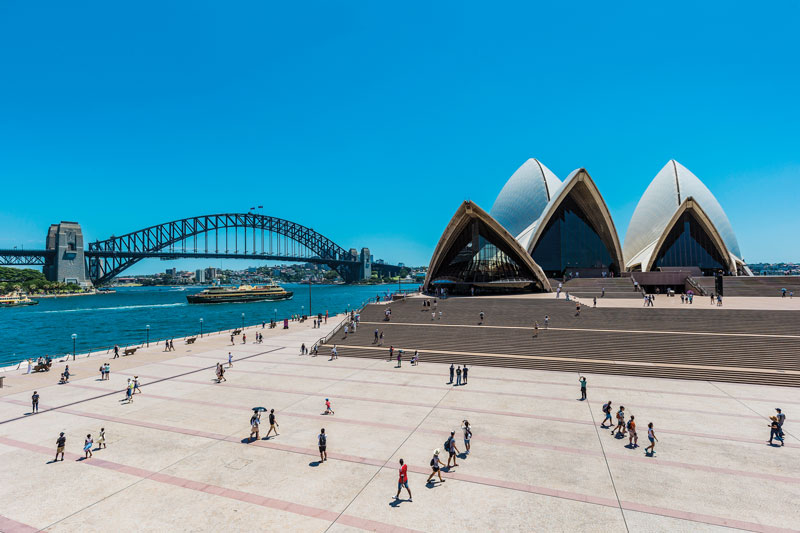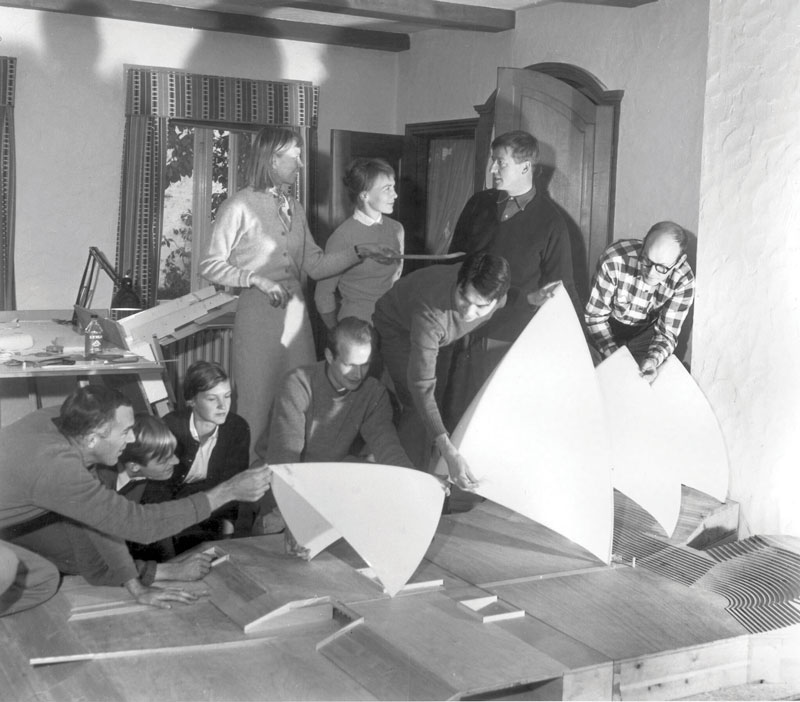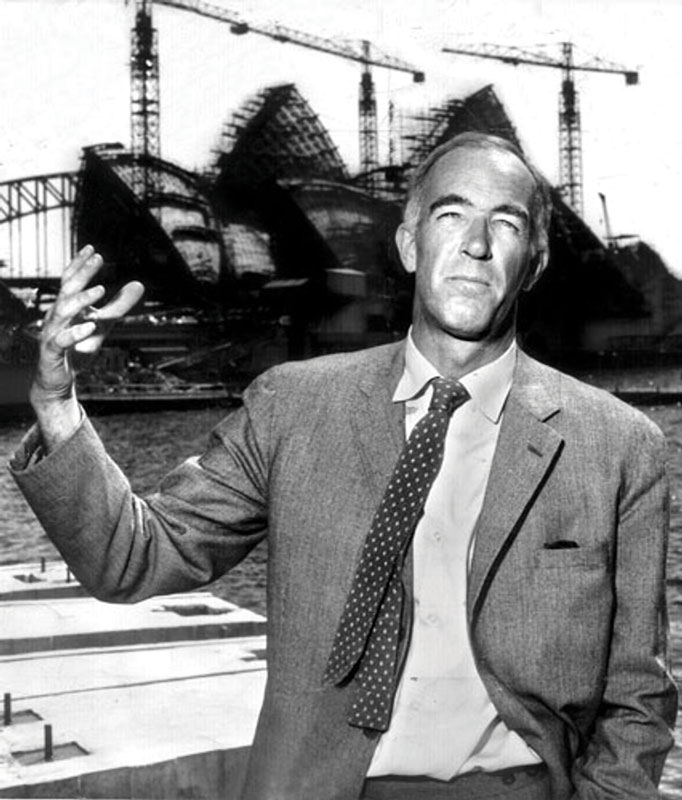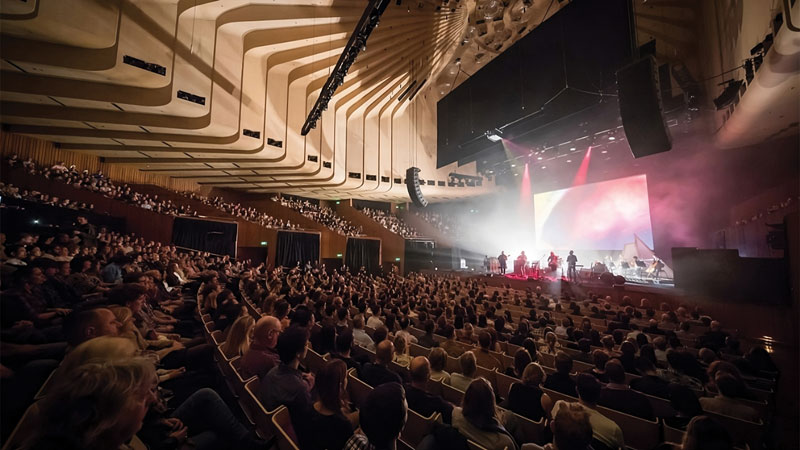An Icon of Australian Architecture
65 years since the start of the demolition of the Fort Macquarie's tramway station for construction
Opened by Queen Elizabeth II on October 20, 1973, the Sydney Opera House is one of the most significant architectural works of the 20th century, not only in the city but in Australia as a whole. Designed by Danish architect Jorn Utzon, it encompasses various creative and innovative trends.
The building's main feature is its shell-shaped roof, which required over 10,000 workers and fourteen years to complete, although it was initially planned to take four years. Additionally, more than one million tiles, each with different shapes and sizes and some weighing up to 15 tons, were required.
Each of these ceramic tiles was manufactured in Sweden and comes in three different shapes: 'T', 'Y', and 'U'. These tiles serve as replacements for columns as they support the entire weight of the structure. This design feature is what makes the Sydney Opera House the largest column-free building ever constructed.
The Sydney Opera House was developed in three stages: 1959-1963 saw the construction of the upper podium; 1963-1967 saw the construction of the façade; and 1967-1973 saw the interior design.
Since opening, the Sydney Opera House has hosted numerous events such as operas, film screenings, theatrical productions, and artistic performances. More than 3,000 events are held annually at the Opera House, which was designated a World Heritage Site by UNESCO in 2007.
According to the institution, the building is a masterpiece of human creativity that transcends the 20th century and spans history.
Utzon said he was inspired by nature to design the Opera House, functions, and colors drawing from the wings of birds, shapes of clouds, shells, nuts, and palm trees. The building is a remarkable 22-story structure, blending practicality with aesthetics. Notably, the Danish architect was a pioneer in incorporating prefabricated modular forms and environmentally friendly design.
Located within, the concert hall is the largest in the entire Opera House, accommodating 2,679 guests. Similarly, the Joan Sutherland Theater (renamed in 2012 in honor of the Australian opera soprano) has a seating capacity of just over 1,500.
The outdoor performances take place on the concourse located at the southeast end of the complex while the building accommodates restaurants and a professional recording studio.
Text: Alejandra Cañedo ± Photo: Anupong, Green Magazine, Architectuul, Hamilton Lund, Daniel Boud





